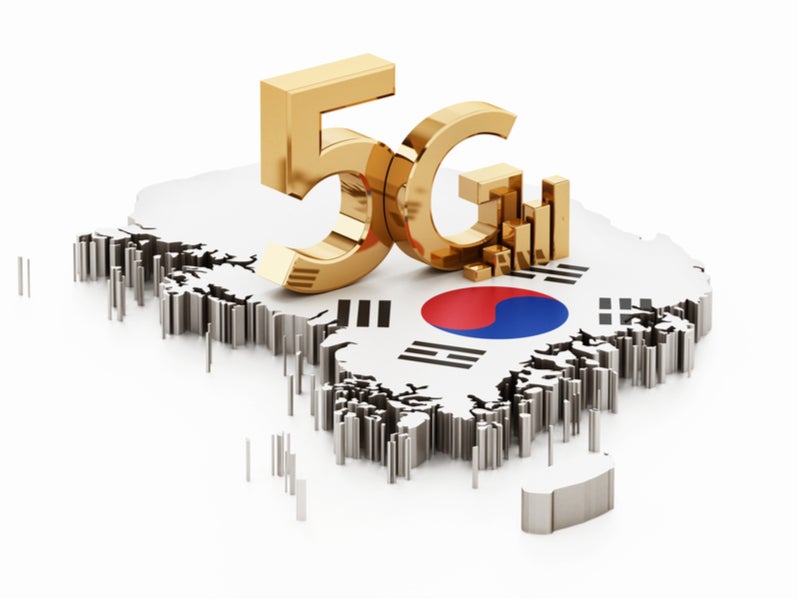
Mobile operators preparing to launch 5G services this year have expressed concerns that the value of the high-speed technology to consumers may not be clear or strong enough to justify the expense of its deployment. However, early indications from newly launched 5G networks in South Korea suggest that 5G’s increased speeds and lower latency are already changing customer behaviours and driving adoption of new services and use cases.
Has 5G launch in South Korea been a success?
Mobile operators in South Korea were the first to launch 5G services on the global stage, beginning in April. Less than two months later, the early results are encouraging with over 1 million total 5G customers signed up already:
• The Chief Technology Officer of LG Uplus, one of the country’s major operators, reported that 5G data usage among its subscribers was averaging 1.3 gigabytes per day, more than three times as much as its 4G/LTE customers. That’s despite the fact that LG Uplus was still working on improving what it considered to be inadequate 5G coverage at the time of launch.
• A second Korean operator, KT Telecom, reported that its 5G data usage also was up at least threefold, compared with 4G data traffic to date.
• The third major Korean operator, SK Telecom, has reported the largest 5G base so far thanks to a popular unlimited data package offering.
Korean 5G users aren’t just using more data than they did before; they’re using data in different ways. LG Uplus said in May that new services featuring augmented and virtual reality (AR and VR) already accounted for 20% of 5G traffic, compared with just 5% for 4G/LTE. That makes sense, as 4G networks typically lack the performance required to support AR and VR.
How well do you really know your competitors?
Access the most comprehensive Company Profiles on the market, powered by GlobalData. Save hours of research. Gain competitive edge.

Thank you!
Your download email will arrive shortly
Not ready to buy yet? Download a free sample
We are confident about the unique quality of our Company Profiles. However, we want you to make the most beneficial decision for your business, so we offer a free sample that you can download by submitting the below form
By GlobalDataSK Telecom introduced the first live TV broadcast of a sports event over a 5G network in May. Using TV cameras equipped with 5G modules, the operator enabled its customers to view live streams of the tournament over its media platform. SK Telecom also added 400 VR videos to its platform, and it reports 1.4 million cumulative views of VR videos using 5G handsets as of April.
Strong appetite in South Korea is a great start for 5G. The major question facing operators in other markets, of course, is whether early experience in the notoriously tech-hungry South Korean market translates to other markets internationally. For example, British operator EE is promoting 5G’s AR/VR potential in an advertising campaign, depicting football fans using AR to watch their favourite team play in their own backyards and using VR to place themselves in the middle of the actual game. The campaign does its best to play up the cultural connection between Brits and their football teams. However, it’s not yet clear whether that connection involves a handset and a VR experience.







Related Company Profiles
SK Telecom Co Ltd
LG Uplus Corp
EE Ltd